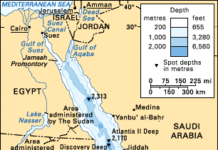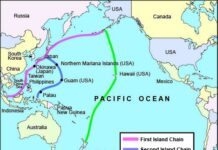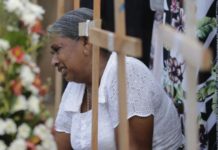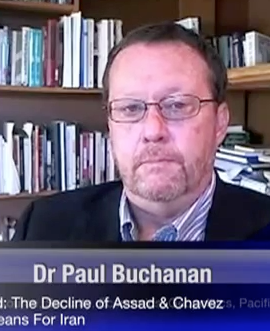Pacific Scoop PIF Coverage
Students defend Māori, Pasifika medical quota to ‘balance’ healthRua
http://pacific.scoop.co.nz/2012/08/students-defend-maori-pasifika-medical-quota-to-balance-health/

MAPAS student Rich Ngata … the admission scheme helps address Māori and Pacific health disparities. Image: Jessi Mee/PMC
Pacific Scoop:
Report – By Jessi Mee
Student leaders have defended the Māori and Pacific quota scheme for Auckland Medical School in the wake of recent political debate about the issue.
The Māori and Pacific Admissions Scheme, or MAPAS, is sometimes being used “as an easy scapegoat for why talented people aren’t in medicine”, says one leader.
Auckland University Medical Students Association head Craig Riddell (Ngati Tuwharetoa) was so annoyed by an attack on the scheme by former ACT Party leader Rodney Hide in a recent New Zealand Herald column that he penned a response.
MAPAS does not privilege Māori and Pacific students – it is helping address health disparities in the community, says the fifth-year medical student.
“I don’t think it is reverse racism to introduce a policy that rectifies racial inequalities that resulted from actions in history,” he says.
Hide condemned the quota scheme in Herald column in June, rebuking the university for “broadened the criteria” for selection .
“They were no longer strictly academic. It counted if students did kapa haka, went to the marae, played sports or practised music,” Hide wrote.
Over the weeks that followed, the online edition of the article generated more than 10 pages of comments – both for and against his statements.
‘Ill-informed’ views
Riddell’s response to Hide’s article, also published by the Herald, condemned the “ill-informed” views and “racial politics”.
“The best doctors do more than use their understanding of science to help ‘fix’ people. It is something Rodney Hide should remember,” Riddell said.
“Excellent doctors are confidantes, advisers and friends as much as they are scientists.”
Riddell told Pacific Scoop that Hide’s concept of what made a good doctor was too narrow.
“It isn’t just about the best academic individuals, it is about getting a group with a range of skills to best meet New Zealand needs and Māori heritage is an important aspect of this,” he says.
“The dominant culture is privileged and people aren’t aware of it. When you are in the dominant culture it is hard to see the privileges you have.”
MAPAS student Rich Ngata (Ngati Porou) says the scheme is an important initiative.
‘Obvious disparities’
“The main aim of the health system is to improve health, there are obvious disparities with Māori and Pacific health statistics and you do what you need to do to address that,” he says.
“It has been proven that Māori and Pacific doctors help address these issues more effectively, so we need more Māori and Pacific doctors.”
Ngata says people who criticise the MAPAS entry requirements do not understand the benefits of the programme.
“Once we get into medicine we are held to the same standards as everyone else, so MAPAS produces the same standard of doctors,” he says.
“They see it at face value as a racial quota. They don’t understand that it is for the benefit of the New Zealand population.”
Ngata who is in his second year of medical training can speak fluent Te Reo.
“I like to think I bring a different viewpoint because I have experienced both worlds,” he said.
“I want to do what is good, not only for my people, but for any person that comes to see me.”
‘Crying out’
Auckland orthopedic consultant Chris Fougere is also an advocate for the MAPAS programme.
“Medicine needs these guys. They’re crying out for such doctors,” he says.
Fougere (Ngati Porou) says MAPAS doctors are an asset to medicine.
“Often there is a massive gap culturally between doctors and patients. It breaks down the barriers of communication,” he says.
“If you have an understanding of those differences it makes your practice easier, not harder.
The practising surgeon said there should be more initiatives like MAPAS in the education system.
“Often the demographic coming into medical school doesn’t reflect the cultural demographic. Māori and Pacific Islanders are grossly under represented in the Medical Schools, the law schools and the business schools,” he said.
“Not only do we need this but the communities needs this.”
As a practising surgeon, Fougere says he is confronted with the reality of Māori and Pacific health disparities.
“They’re gaping. They’re a huge problem,” he says.
Fougere says MAPAS is one way these issues are being addressed.
“I think if people don’t understand this, they lack insight. By fortifying the Māori and Pacific community the whole country will benefit.”
Jessi Mee is a final year Bachelor of Communication Studies student journalist at AUT University. This is a public affairs reporting assignment.
Unless expressly stated otherwise, the findings, interpretations and conclusions expressed in this media release item do not necessarily represent the views of 36th Parallel Assessments.













